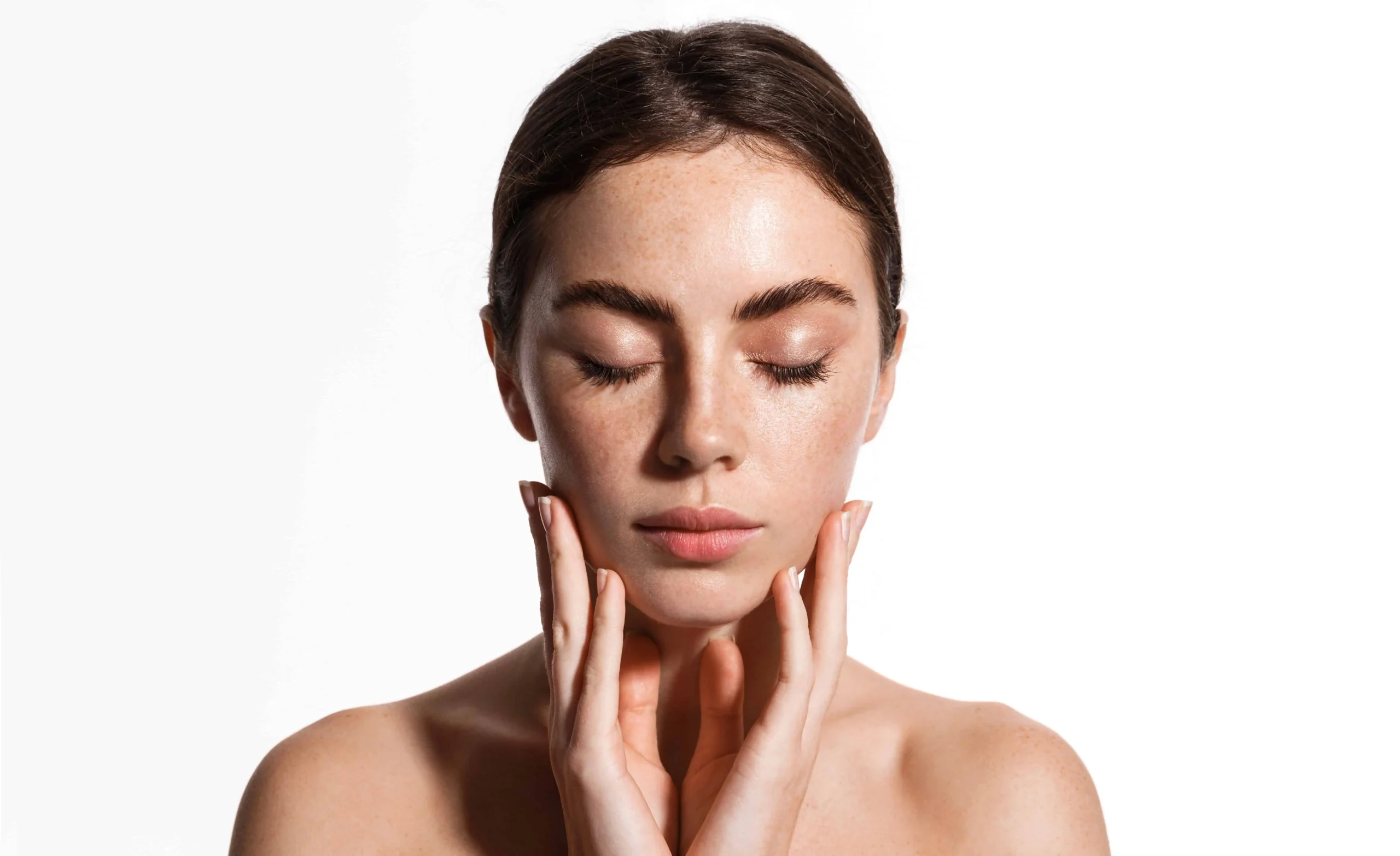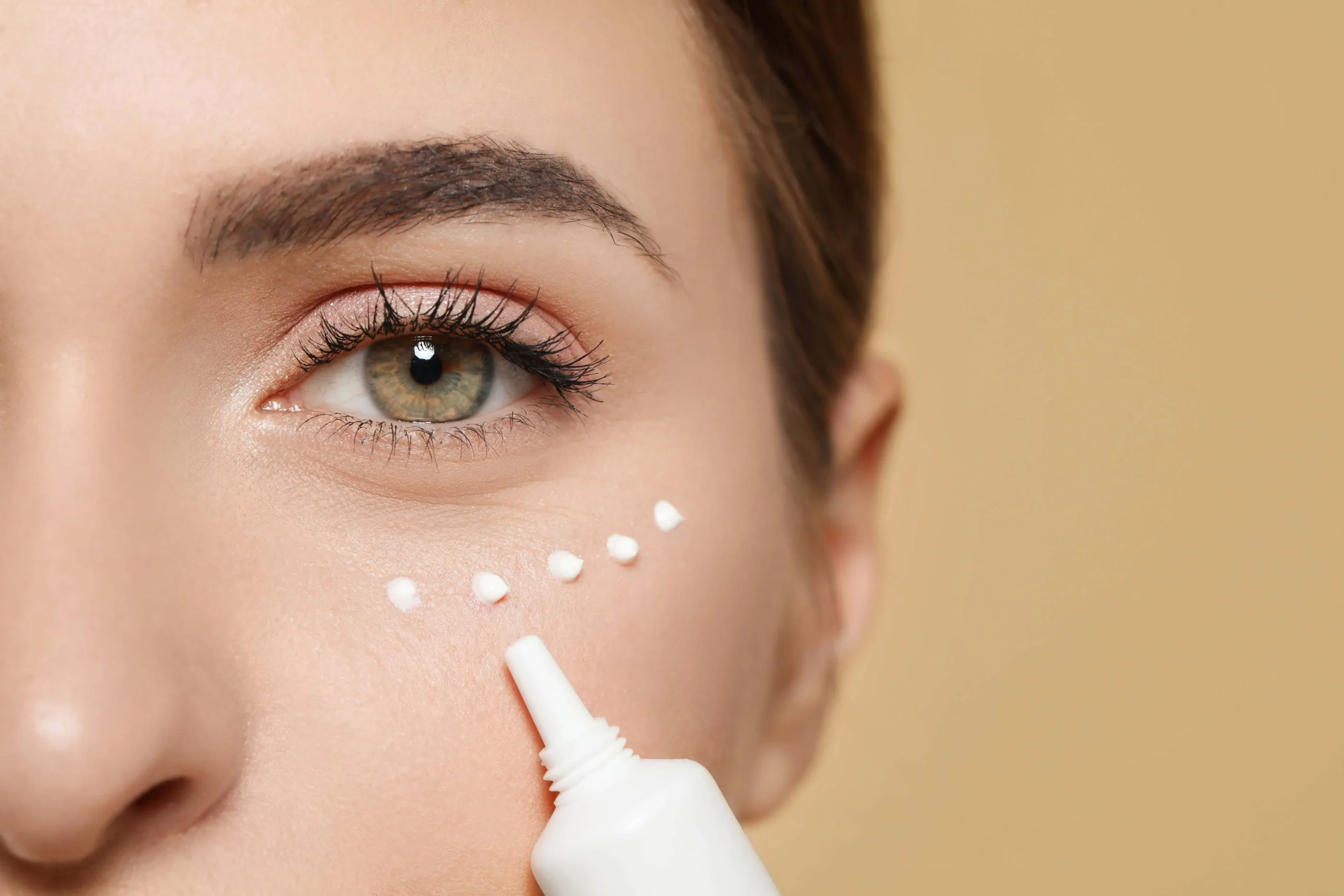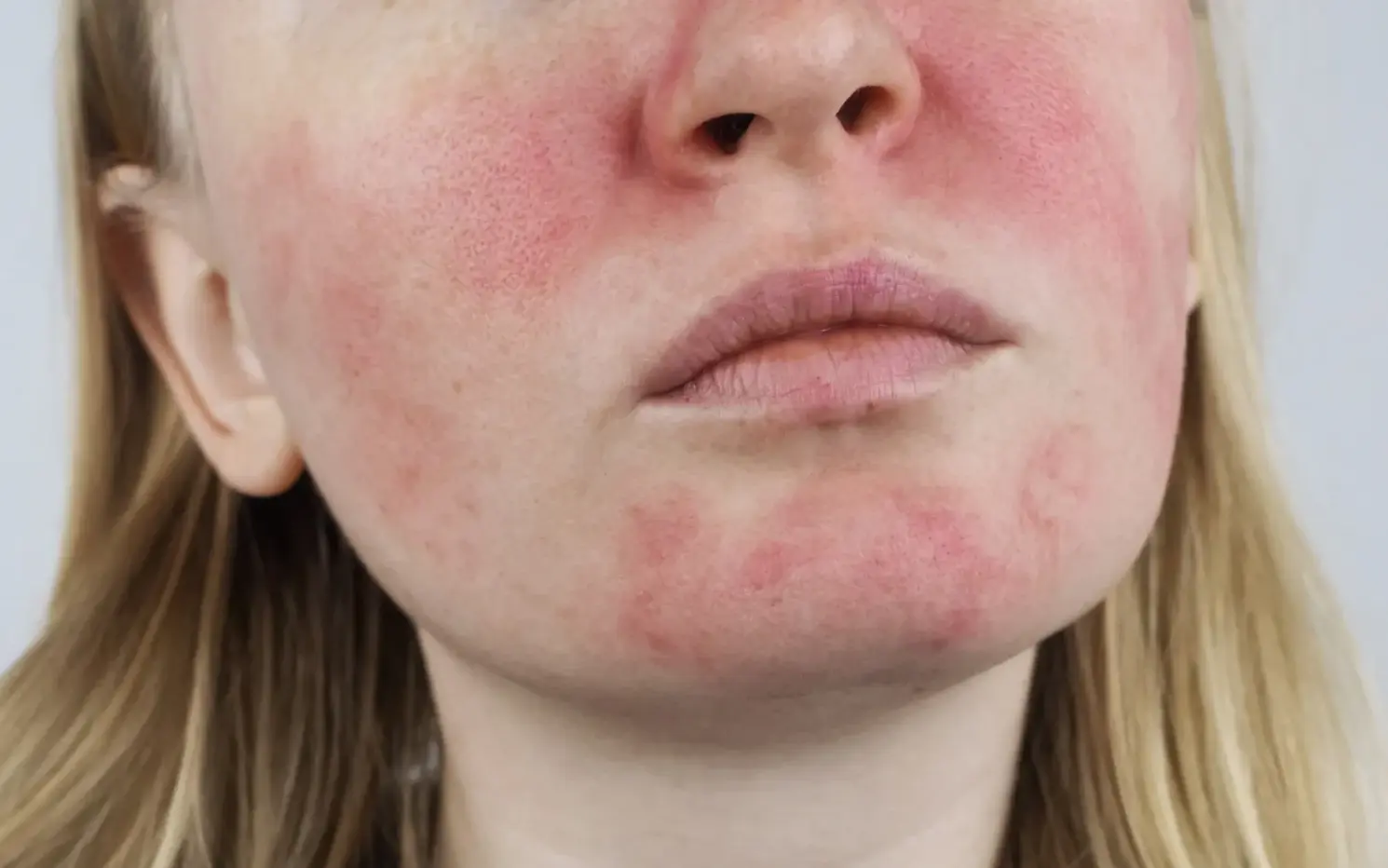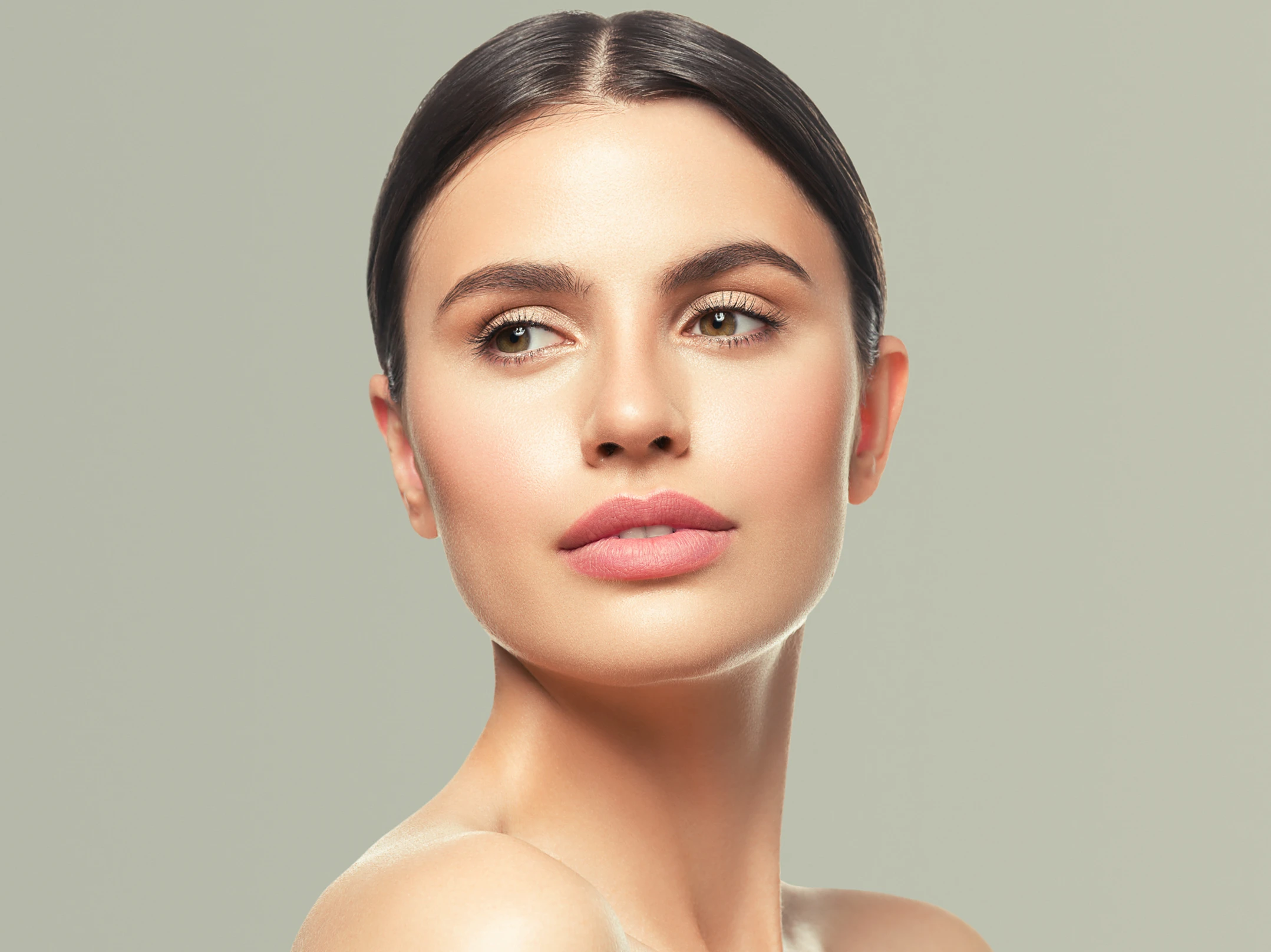In the vast and ever-evolving world of skincare, the promise of radiant, flawless skin often comes with bold claims. From miracle anti-aging serums to acne-fighting elixirs, the marketing hype can be compelling. However, products with unproven claims can pose hidden risks that go beyond the disappointment of unmet expectations. In this detailed blog post, we will explore the dangers of using skincare products with unproven claims, why these claims can be misleading, and how to navigate the skincare market more safely and effectively.
1. Understanding Unproven Claims in Skincare
What Are Unproven Claims? Unproven claims refer to assertions made by skincare products that lack credible scientific evidence to support them. These claims might include statements like “instant wrinkle reduction,” “cure for acne,” or “permanent skin whitening.” While these products may sound enticing, they often lack rigorous testing and validation.
Types of Unproven Claims:
- Miracle Results: Claims suggesting immediate or dramatic results, such as “wrinkle-free skin in 24 hours.”
- Cure-All Solutions: Assertions that a product can completely resolve a wide range of skin issues, like “eliminates all signs of aging.”
- False Endorsements: Misleading claims about endorsements from professionals or celebrities that may not be genuine or substantiated.
2. Risks of Using Products with Unproven Claims
1. Ineffectiveness: The most immediate risk of using products with unproven claims is that they may simply not work. Without scientific validation, there is no guarantee that the product will deliver the promised benefits. This can lead to wasted time and money, and in some cases, exacerbate existing skin issues.
2. Potential Harmful Effects: Products with unproven claims might contain ingredients that are not well-studied or are used in concentrations that could be harmful. For example:
- Irritation and Allergic Reactions: Unvalidated products may contain potent or irritating ingredients that can cause adverse reactions.
- Toxicity: Some products may include ingredients that, while not proven to be effective, could pose health risks, such as heavy metals or harmful preservatives.
3. Delayed Treatment: Relying on unproven products can delay seeking effective treatments for skin conditions. For example, using a product that claims to “cure acne” without scientific backing might lead to neglecting evidence-based treatments that could provide real benefits.
4. False Sense of Security: Unproven claims can create a false sense of security, leading users to believe that a product will solve their skin problems without addressing underlying issues. This can result in neglecting essential skincare practices or medical advice.
5. Financial Loss: Investing in high-cost skincare products with unproven claims can lead to significant financial loss if the products do not deliver the expected results. This is particularly concerning for individuals who may be on a budget or seeking effective skincare solutions.
3. How to Identify and Avoid Products with Unproven Claims
1. Look for Scientific Evidence: Evaluate whether the product’s claims are supported by scientific research. Check if there are clinical trials, peer-reviewed studies, or credible sources that validate the product’s efficacy. Reliable products often provide references or documentation to support their claims.
2. Examine Ingredient Transparency: Review the ingredient list and research the efficacy and safety of the components. Reputable products typically use ingredients that have been studied and proven to be effective for specific skin concerns.
3. Verify Regulatory Approval: Confirm that the product is approved by a recognized authority, like the FDA (U.S. Food and Drug Administration) or counterpart regulatory agencies in other countries. Regulatory approval can provide an added layer of assurance regarding product safety and claims.
4. Beware of Hyperbolic Language: Be cautious of products that use hyperbolic language or make extravagant promises. Terms like “miracle,” “instant,” or “guaranteed” should be approached with skepticism, as they often indicate a lack of scientific backing.
5. Seek Professional Advice: Consult with dermatologists or skincare professionals before trying new products, especially if they make bold claims. These experts can offer personalized advice based on your specific skin type and concerns.
6. Research Brand Reputation: Consider the reputation and credibility of the brand. Established brands with a history of transparency and scientific validation are more likely to offer products with proven efficacy.
4. Making Informed Skincare Choices
1. Prioritize Evidence-Based Products: Choose products that are backed by scientific research and have proven effectiveness. Look for those with published studies or clinical trials that demonstrate their benefits.
2. Follow a Consistent Skincare Routine: Focus on a consistent skincare routine with products that are known to be effective. Essentials include a gentle cleanser, moisturizer, sunscreen, and treatments suited to your skin type.
3. Stay Educated: Stay informed about skincare trends and new products. Understanding ingredient functions and industry practices can help you make better choices and avoid falling for misleading claims.
4. Read Reviews and Testimonials: While not always conclusive, reading reviews and testimonials from other users can provide additional insights into a product’s effectiveness and potential issues. Check for reviews from reputable sources or verified purchasers.
5. Conclusion
Skincare products with unproven claims can pose hidden risks, including ineffectiveness, potential harm, and financial loss. By understanding the nature of these claims and taking steps to evaluate the credibility of products, you can make more informed decisions and prioritize your skin’s health. Focusing on scientifically validated products, seeking professional advice, and staying informed will help you navigate the skincare market more safely and effectively, ensuring that your skincare routine delivers real benefits and maintains your skin’s well-being.





